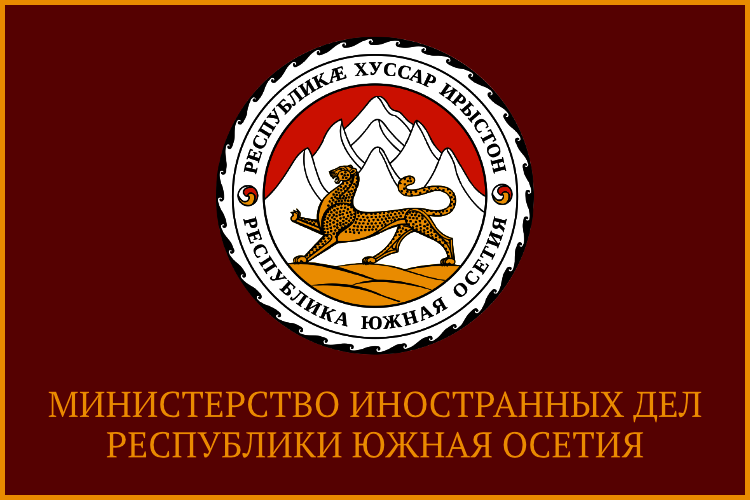A regular session of the OSCE Council of Ministers took place in Hamburg on December 8-9, 2016. The session saw a group of states-friends of Georgia circulating a statement containing appeals to Russia to call back recognition of the Republic of South Ossetia and the Republic of Abkhazia, appeals for “peaceful solution of the conflict” and reorganizing in Georgia “a full-scale OSCE mission”. In statement they express concern of “discrimination” of ethnic Georgians, residing in “separatist regions” and condemn “rough violation of their rights” for “freedom of movement, property and education on native language”.
Ether international stage is used by Georgia for disinformation and manipulation of the opinions of international participants. This time the OSCE Ministry in Hamburg was chosen as a stage for Georgian propaganda play, where under the direction of Georgian directors “friends of Georgia” acted as choir in another propaganda comedy, where they were replicating absurd allegations against South Ossetia and Abkhazia.
Another portion of confrontational thoughts, fabricated in Tbilisi kitchen and submitted in Hamburg is aimed to suggest the international auditory the idea that there is some conflict, which should be settled. Meanwhile the conflict between Georgia and South Ossetia was settled in August 2008, when the aggressor was forced to peace. Currently the only problems that still have no solution are issues of post-conflict settlement. In particular, we only can speak about the necessity of signing a document on non-use of force by Georgia, about establishment of diplomatic relations and determining contribution for South Ossetia loss that have to be paid by Georgia.
As for the border and it arrangement, it should be noted that in framework of the Geneva discussions, recognized by “friends of Georgia”, South Ossetia has numerous times offered to start delimitation and demarcation works on state border and each time received silence in response. It’s obvious that in such situation South Ossetia has to arrange its border itself, as it is security of citizens of the Republic that depends on this fact. This frontier line determines where is the edge of the territory, where Georgia has the right to open missions of organizations, where the Republic of South Ossetia (the state to which any organizations will be allowed only upon permission of the Republic’s lawful authorities) is not participating.
Other points of the Hamburg statement made by the “group of friends of Georgia” aimed at creating a myth about discrimination of Georgian minorities also bear no comparison with the reality. Like other citizens of the Republic of South Ossetia, ethnical Georgians have all possibilities to execute their right for free movement across the entire territory of the country, have the right to leave and return to the state through certain crossing points, established in accordance with acting legal rules. There are several secondary schools (where, by the way, the number of teachers at least is equal or even exceeds the number of students), where everyone who wants, could get education in Georgian. Moreover, according to the legislation of South Ossetia, in places of compact residence of Georgian-speaking population, Georgian language can be used as an official language. The absolute winner in nomination “the most absurd statement” is the statement about alleged violation of “the right for property” on an ethnic sign in South Ossetia, that seems to be useless to comment on.
The question arises, how could it happen that representatives of honorable states, members of the “group of friends” agreed to issue under their names such a text, that has nothing in common neither with the reality, nor with common sense, only relying on words of their Georgian protégées? Nothing is left but to assume, they took into consideration the middle-age aphorism “I believe because it is absurd” (Credo quia absurdum). However, members of “group of friends of Georgia” are failing to take into account, that due to their implicit faith in reports from Tbilisi they do Georgia a bad turn with similar statements – hamper finding acceptable and constructive decisions in development of normal interstate relations with South Ossetia. The only hope left is that one day “friends of Georgia” would arrive at acknowledgement of the reality.
December 13, 2016, Tskhinval
